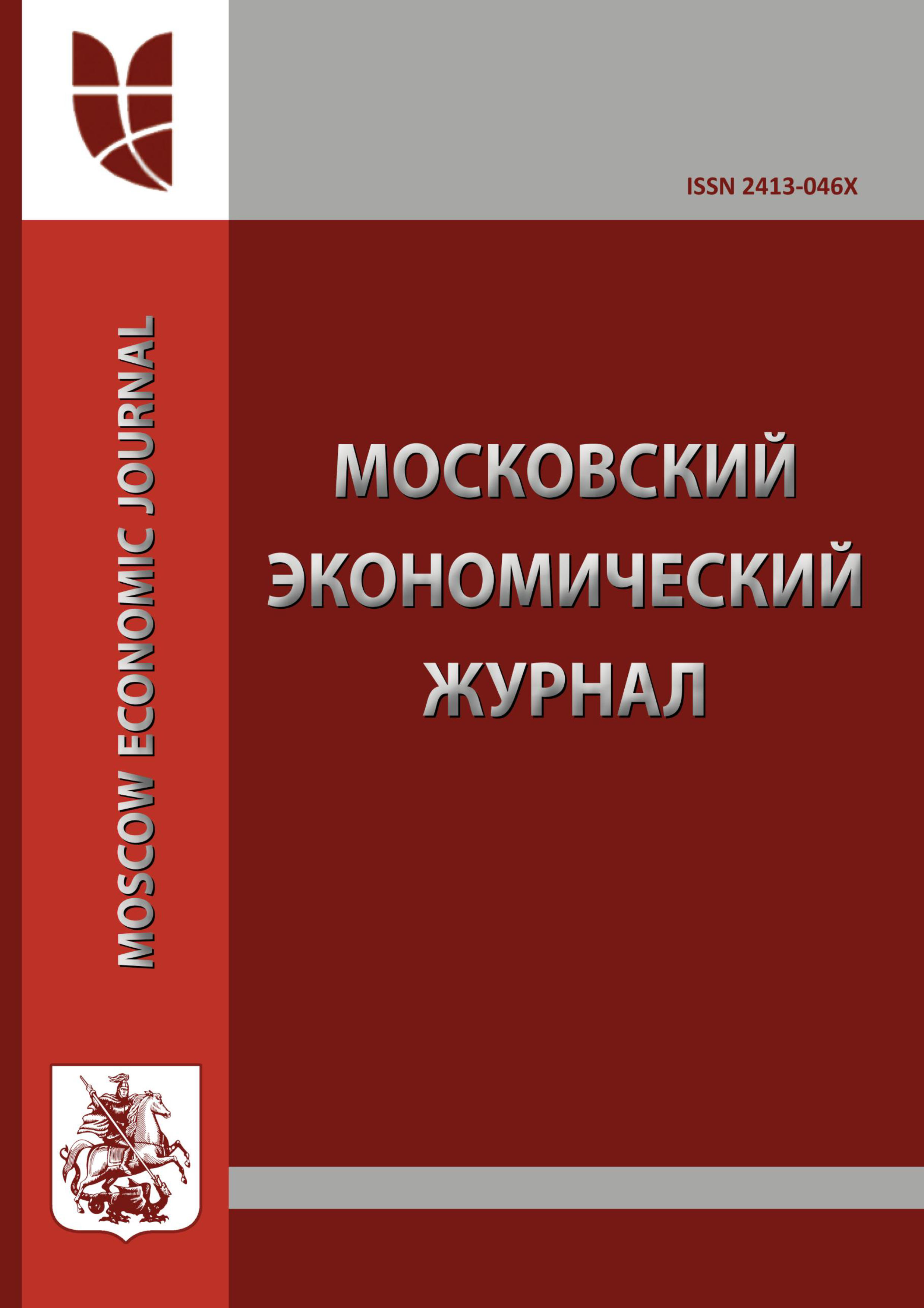The concept of sustainable development focuses on the rational and careful use of air, water and land resources of the planet by enterprises engaged in different economic activities. Russia, as the advanced countries is the need for solving environmental problems. Implementation of measures for the protection of the planet's resources begins with the development of methodological materials on organization identification, collection and processing of information on the environmental costs of different types. Systematization of the most effective measures to reduce the negative impact on the environment creates the conditions for the organization of separate accounting of environmental costs, mitigation of adverse effects based on comparison of costs and benefits, both monetary and non-monetary nature. The study of European and Russian experience in implementation of environmental measures necessary for the rapid and cost-effective implementation of best practices of nature conservation. Cost management under the concept of sustainable development implies the creation of conditions of flexible response to changing external and internal environment, increase economic and ecological efficiency of the enterprise. The author's interpretation of environmental costs allows identifying more precisely the contextual component of the works to environmental protection. The generalized experience of the research allowed developing a classification of environmental costs for the purposes of separate accounting. Current environmental costs are allocated to the financial result of operations in the period of their implementation. Capital environmental costs form the initial cost of the conservation project, and included in the financial result of the current period through depreciation. These approaches determine the need for changes in organizational and methodological aspects of accounting policy. Separate reporting of environmental liabilities, information on environmental activities to enhance the confidence of investors and the investment attractiveness of the enterprise.
sustainable development, cost management, environmental costs, environmental accounting, classification, factors, rational use of
1. Arhipova N.A. Ekologicheski orientirovannaya sistema uchetno-analiticheskogo obespecheniya upravleniya organizaciey // Vestnik Samarskogo gosudarstvennogo ekonomicheskogo universiteta, 2016. № 3 (137). S. 44-47.
2. Zatraty hozyaystvuyuschih sub'ektov na prirodoohrannuyu deyatel'nost': ponyatie, soderzhanie, algoritm rascheta i metodika analiza / Sisina N.N. // Vestnik Saratovskogo gosudarstvennogo social'no-ekonomicheskogo universiteta. 2014. № 4 (53). S. 121-123.
3. Klassifikaciya ekologicheskih zatrat v sovremennom buhgalterskom uchete / Tuyakova Z.S., Chertkova A.A. // Vestnik OGU. 2009. № 8. S. 112.
4. Obespechenie importozamescheniya na osnove ustoychivogo razvitiyai povysheniya konkurentosposobnosti regiona / Gus'kova N.D., Salimova T.A., Krakovskaya I.N. // Vestnik Samarskogo gosudarstvennogo ekonomicheskogo universiteta. 2015. № 2 (124). S. 11-16.
5. Obobschenie praktiki primeneniya zakonodatel'stva № PZ-7/2011 «O buhgalterskom uchete, formirovanii i raskrytii v buhgalterskoy otchetnosti informacii ob ekologicheskoy deyatel'nosti organizacii» (pis'mo Departamenta regulirovaniya gosudarstvennogo finansovogo kontrolya, auditorskoy deyatel'nosti, buhgalterskogo ucheta i otchetnosti Minfina RF ot 27 maya 2011 g. № 07-02-18/02) // Garant: [sayt inform. pravovoy kompanii]. [M., 2016].
6. Podhody k upravleniyu zatratami v kontekste koncepcii ustoychivogo razvitiya organizacii / Makarova L.M., Rodina E.E. // Sovremennye problemy nauki i obrazovaniya. 2014. № 6. S. 531.
7. Trudova M.G. Statisticheskiy analiz prirodoohrannoy deyatel'nosti v regione. M.: Nauka, 1989.
8. Upravlenie zatratami kak osnova ustoychivogo razvitiya organizacii / Rodina L.M., Makarova L.M. // Gorizonty ekonomiki. 2014. № 6-2 (19). S. 98-100.
9. Chhutiashvili L.V. Zatraty na ohranu okruzhayuschey sredy: principy ucheta // rezhim dostupa http //www.ipbmr.ru/? page=vestnik_2012_4_chhutiashvili
10. Ekologizaciya uchetnoy sistemy kak novoe napravlenie reformirovaniya buhgalterskogo ucheta v Rossii / Lykova E.E. // Al'manah sovremennoy nauki i obrazovaniya. 2015. № 4 (94). S. 100-102.
11. Ekologicheskie zatraty. Aktual'nye voprosy ucheta i analiza / Erohina V.N., Lesina T.V. // Internet-zhurnal «naukovedenie», 2015. № 4. Zagl. s ekrana http://naukovedenie.ru/PDF/87EVN415.pdf











